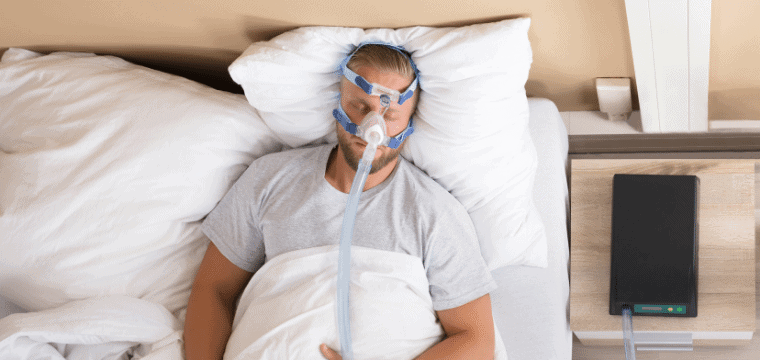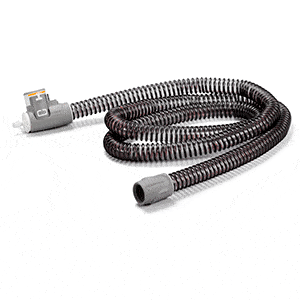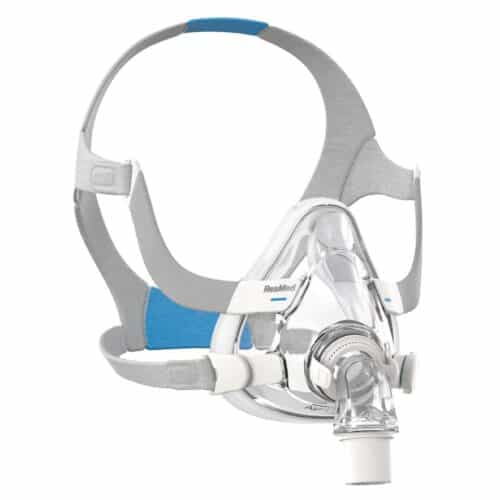Get 10% off your order!
Sign up below for PAP’s Newsletter, and keep an eye on your inbox for a one-time code. Offer not available on sale items.
Sleep is essential for overall health and well-being, but for those affected by sleep apnea, restful slumber remains hard to come by. Sleep apnea is a prevalent sleep disorder that affects millions of people worldwide. As the condition continues to gain attention, it’s crucial to address some of the most frequently asked questions surrounding sleep apnea. In this blog, we will answer some of the most frequently asked questions on sleep apnea.
Sleep apnea is a sleep disorder characterized by recurrent interruptions in breathing during sleep, as many as 20-30 times per hour. These interruptions, known as apneas, can last for several seconds to a minute. Each time you stop breathing in your sleep, the resulting lack of oxygen alerts your brain, which temporarily wakes you up to restart proper breathing. Since the time spent awake is so brief, most people with sleep apnea don’t remember it, and many believe they are getting a good night’s sleep when, in fact, they are not. This can lead to not achieving deep sleep, resulting in a constant drowsy feeling during the day.

Untreated sleep Apnea can lead to
Sleep apnea is a prevalent sleep disorder that can have a significant impact on a person’s health and quality of life. By understanding its causes, symptoms, and available treatments, individuals can take proactive steps toward seeking help and finding effective solutions.
If you suspect you or a loved one may have sleep apnea, don’t hesitate to consult a healthcare professional or a sleep specialist for a proper diagnosis and personalized treatment plan. Remember, a restful night’s sleep is within reach with the right knowledge and support.


Sign up below for PAP’s Newsletter, and keep an eye on your inbox for a one-time code. Offer not available on sale items.
SUBSCRIBE TO OUR NEWSLETTER Receive exclusive offers & insightful articles to enhance your sleep.
Search by product name, type or brand.
